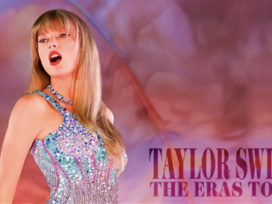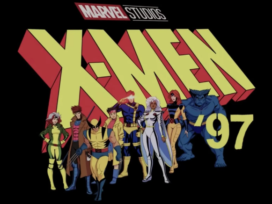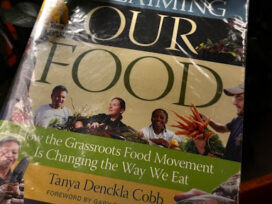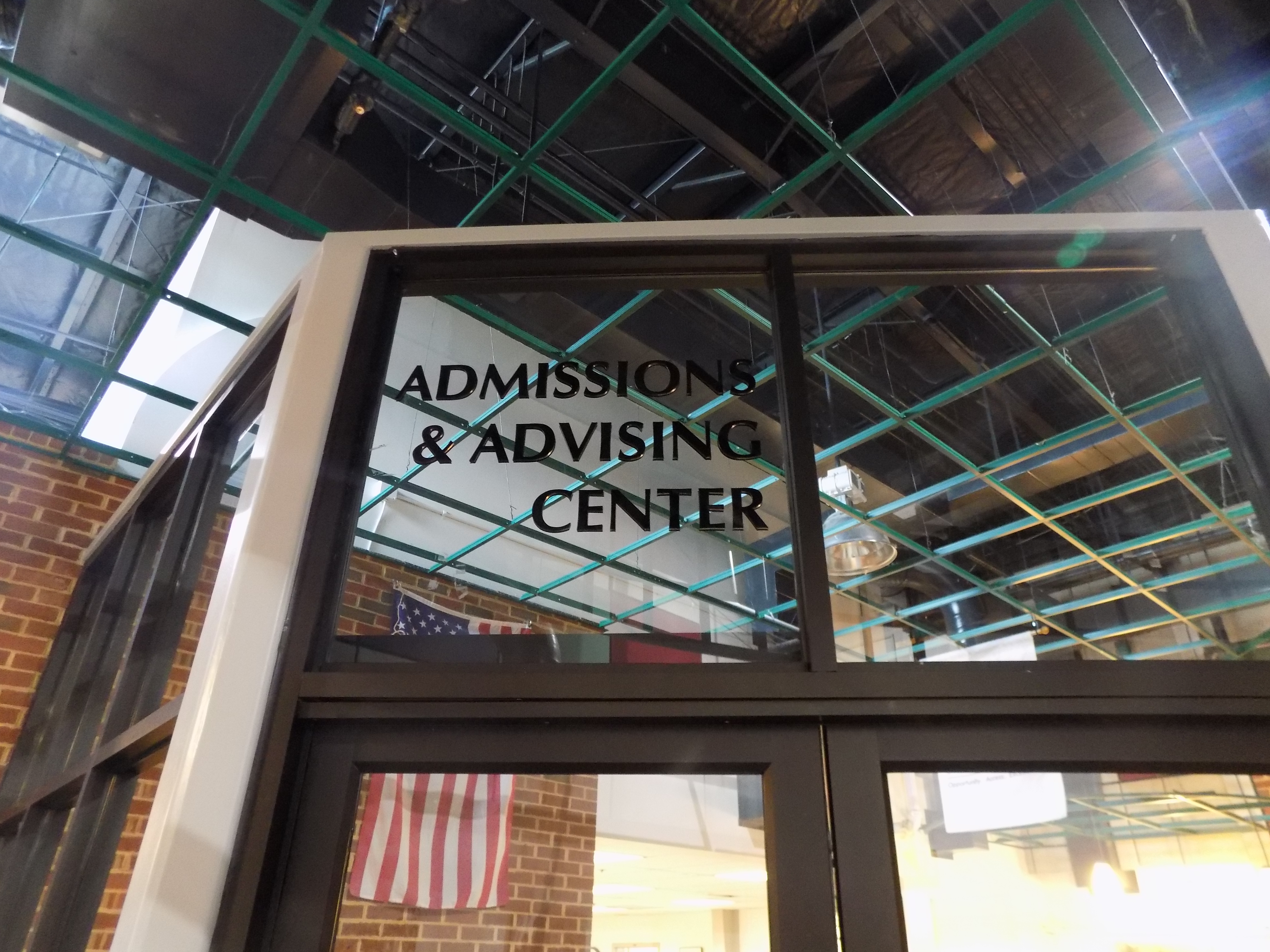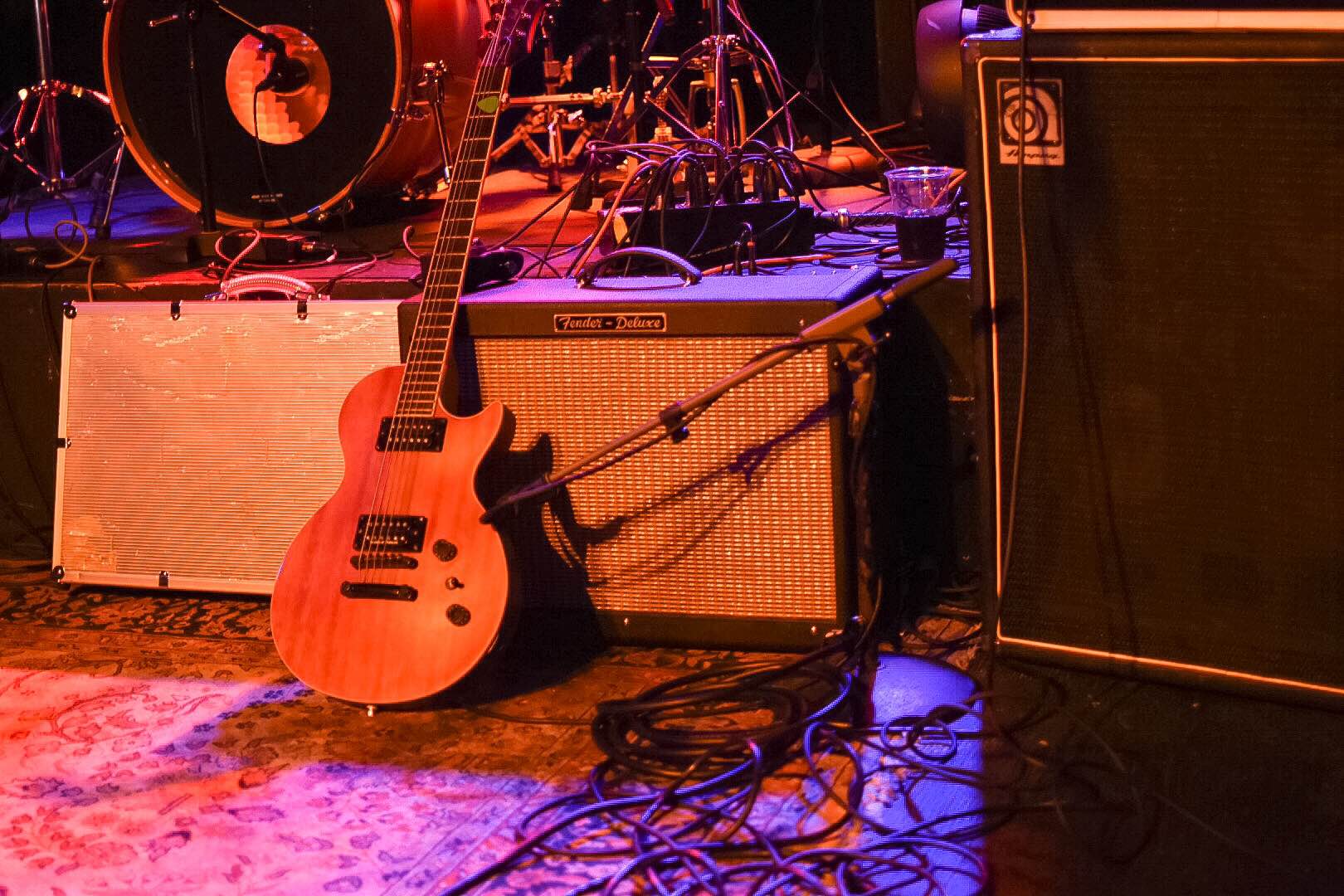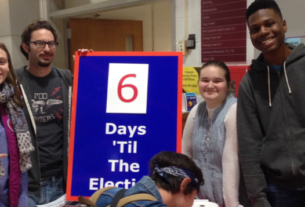
Presidential Primaries Explained
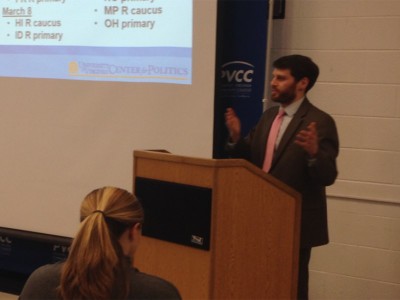
Geoffrey Skelley, the media-relations coordinator for the University of Virginia’s Center of Politics, came to speak to the PVCC community about the upcoming presidential primaries. He discussed the systems and processes used by both the Democratic and Republican parties, as well as some predictions for the election.
Geoffrey Skelley is a political analyst and is an associate editor of Sabato’s Crystal Ball, UVA’s Center of Politics’ nonpartisan newsletter on American campaigns and elections. The Crystal Ball provides analysis and information for elections all over the country and has been a leader in predicting past elections.
Before starting his presentation, Skelley said, “This has to be the most confusing, complicated, byzantine, ridiculous thing . . . The system we use to nominate the Presidents could not be any murkier than it is.”
Jonathan Campos was one student in attendance. Campos, a Marine Corps Veteran said, “I believe that it is every citizen’s duty to understand what is going on because we have to care. If we don’t care about something, it will usually get taken away.”
He then explained how the Virginia Democratic and Republican Parties select a candidate to represent them on the presidential ballot. His presentation included many charts and graphs in an effort to help the audience understand this confusing process.
“There is a lot more transparency than there used to be, but it still says something that the process is confusing for, basically, most people,” said Skelley.
He discussed the fact that Virginia is typically a state to watch, as it has gone Democratic in the last two elections.
Skelley’s predictions on whether or not Hillary Clinton would win Virginia were correct as he said, “It would be surprising if Hillary didn’t win.” He believed that if Sanders wanted a chance, he would have needed to do well in Northern Virginia.
But will this be the case? Obviously, there is no way to tell yet, but he wins pluralities in every group and the media loves him. He has received 30 million dollars of essentially free advertisements from the three major networks.
“There really hasn’t been a candidate like this, ever. Trump’s appeal is not based on ideology, it’s not based on his viewpoints, it’s based on his personality,” said Skelley.
He believes that both sides have reasons to be optimistic. The Democrats should be optimistic because of demographic changes in our country that favor them. Obama’s approval ratings have risen, and Clinton will have a lot of allies and money for her campaign.
The Republicans also have reasons to remain hopeful, as it is hard for one party to continue winning, because our country always wants change and it is hard for one party to hold onto the White House.
“But, what we may think we know, isn’t necessarily right,” said Skelley.
After answering questions from students, the conversation turned to the possible outcome of the election. To that, Skelley said, “If it were Trump against Clinton . . . You think you have seen a lot of ugliness in our politics? Well, they may manage to do worse than ever before.”

